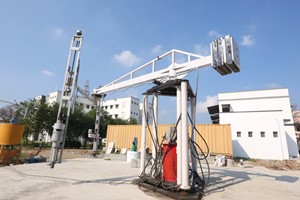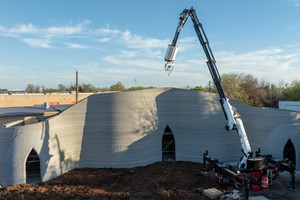A pioneering research initiative, known as the TransiT Hub, has been established to accelerate the decarbonisation of transport systems across road, rail, air, and maritime sectors. This project, spearheaded by Heriot-Watt University and the University of Glasgow, has secured a substantial £46 million investment from the UKRI Engineering and Physical Sciences Research Council (EPSRC), alongside contributions from 67 industry partners.
Overview of the TransiT Hub
The TransiT Hub will leverage digital twin technology to transform how transport systems are analysed and improved. Digital twins are dynamic virtual replicas of physical objects, created using data from sensors installed on infrastructure such as roads, railways, and shipping lanes. These virtual models will enable near real-time data analysis, scenario testing, and optimisation of real-world systems.
Objectives and Benefits
The primary goal of the TransiT Hub is to expedite the testing and development of future transport solutions, potentially introducing innovations like electric road systems and alternative fuels. The digital twins will facilitate:
- Cost-effective Decarbonisation: By simulating different scenarios, the Hub aims to identify the most economical pathways to achieve net-zero emissions. For instance, it could help logistics companies pinpoint the most sustainable routes, vehicle types, and journey times.
- Enhanced Traffic Management: Digital road signs could provide real-time information to help drivers avoid traffic jams and reduce carbon emissions on motorways.
- Personalised Transport Solutions: Digital twin assistants could tailor journey options based on individual preferences, budgets, and even weather conditions.
Data and Industry Collaboration
Initial data for creating the digital twins will be sourced from industry partners, who are contributing £26 million in support. This data will cover vehicle types, fuel types, load sizes, and route lengths across the UK. Partners include key players from the digital, energy, and transport sectors, including transport operators, vehicle manufacturers, and technology firms.
Research Focus Areas
The research efforts within the TransiT Hub will be divided among various institutions:
- University of Glasgow: Focused on developing digital twinning and cyber-physical systems through its Energy and Sustainability and Communication, Sensing and Imaging research groups.
- Heriot-Watt University: Concentrating on logistics and freight, drawing from the Centre for Sustainable Road Freight and the Centre for Logistics and Sustainability.
Other participating institutions include Durham University, UCL, Cranfield University, and the Universities of Cambridge, Leeds, and Birmingham.
Future Implications
Feryal Clark, Minister for AI and Digital Government, highlighted the dual impact of the project: “This initiative not only promises to save time and money for daily commuters but also harnesses transformative digital technologies to cut carbon emissions. It’s a prime example of how technology can enhance public services and combat climate change.”
This new hub is set to build on the growing importance of digital twin technology in the UK’s decarbonisation efforts. For instance, the Scottish climate tech firm IES recently developed a digital twin of Stirling & Clackmannanshire to support the region’s goal of becoming carbon-neutral.
As the TransiT Hub unfolds, it aims to redefine transport system design and sustainability, setting a benchmark for future research and technological integration in the sector.
by Tom Quinn











